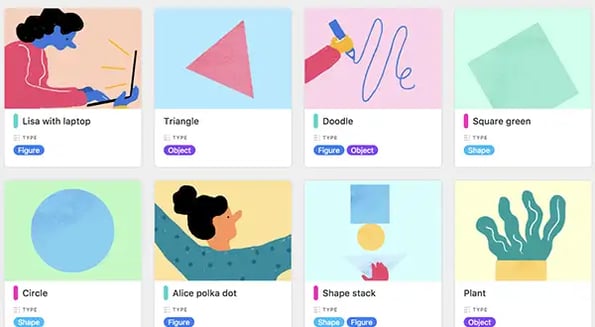Airtable, a coding platform for people who can’t code, raised a $100m Series C at a $1.1B valuation. After 3 years of what seemed like tediously slow development, the company has taken off in the past year.

A unicorn out of thin Air(table)
Airtable has grown so fast it is almost hard to believe: This past March, the company raised $52m at a $152m valuation, meaning the value of the company increased 8.8x in just 8 months.
Airtable’s revenue is on track to increase 400% to $20m this year, and 80k companies are now using the company’s software.
But all of the biggest tech companies have competing “low-code” platforms — Google’s App Maker, Microsoft’s PowerApps, Dell’s Boomi, Intuit’s Quick Base. So, how did a company competing with tech’s hairiest tarantulas get so big so fast?
Apps for dummies, not by dummies
The three founders of Airtable spent more than 3 years perfecting their prototype before launching to the public, making sure that every last feature of their new product was intuitive.
The attention to detail paid off: Airtable’s easy-to-use modules became the building blocks to make everything from WeWork’s global construction projects to Netflix’s post-production distribution process.
Now, Airtable plans to keep perfecting its product with its $162.5m in funding — and it has bold ambitions: “People think we’re building an Excel or Google Sheets replacement,” CEO Howie Liu told Forbes. “But we’re out to build the next Microsoft or Apple.”

